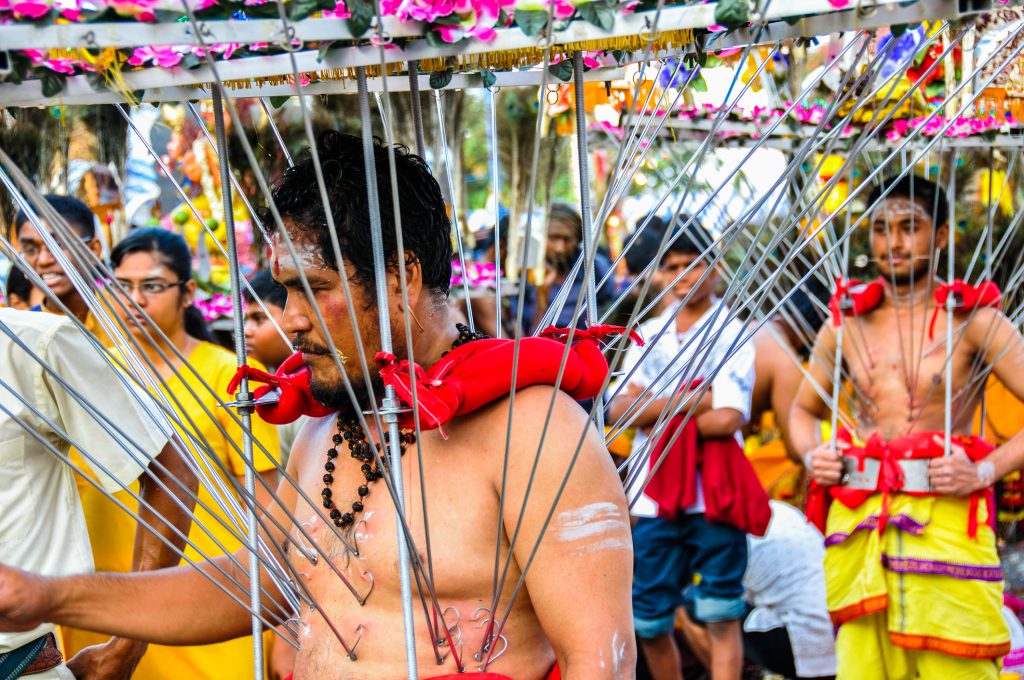Regulation of Religion and Granting of Public Holidays: The Case of Tai Pucam in Singapore
February 10, 2020

Just two days ago, Hindus in Singapore celebrated Tai Pucam (also known as Thaipusam), which commemorates the feats of the Hindu deity, Lord Subramaniam. However, why is Tai Pucam not given a public holiday in Singapore, and what are the implications of this?
Professor Vineeta Sinha and Dr George Radics from the NUS Department of Sociology explore these questions in ‘Regulation of Religion and Granting of Public Holidays: The Case of Tai Pucam in Singapore’ (Asian Journal of Science, 2018). Tracing the festival’s history from the 1950s to the present, Prof Sinha and Dr Radics reveal that Tai Pucam was a public holiday during the colonial period. It was the postcolonial government that removed its status as such in 1968, due to economic reasons. However, such a decision has thus far only resulted in unhappiness among Singaporean Hindus, as they are granted only one religious holiday, while other ethnic communities have two. This controversy is further compounded with the arrest of three Tai Pucam procession participants in 2015, which triggered heated debates about the over-regulation of Tai Pucam in Singapore. Despite this, the government continues to ignore the Hindu community’s desire for equality in the allocation of public holidays, choosing to link discussions back to replacing the Deepavali holiday with Tai Pucam instead, thus resulting in a stalemate.
In this way, Prof Sinha and Dr Radics show the supposedly secular and impartial practice of ‘making and unmaking’ a public holiday is part of the Singapore state’s agenda of enforcing public order, and can breed feelings of injustice and marginalisation rather than encouraging multicultural and multireligious harmony.
Read the article here.
